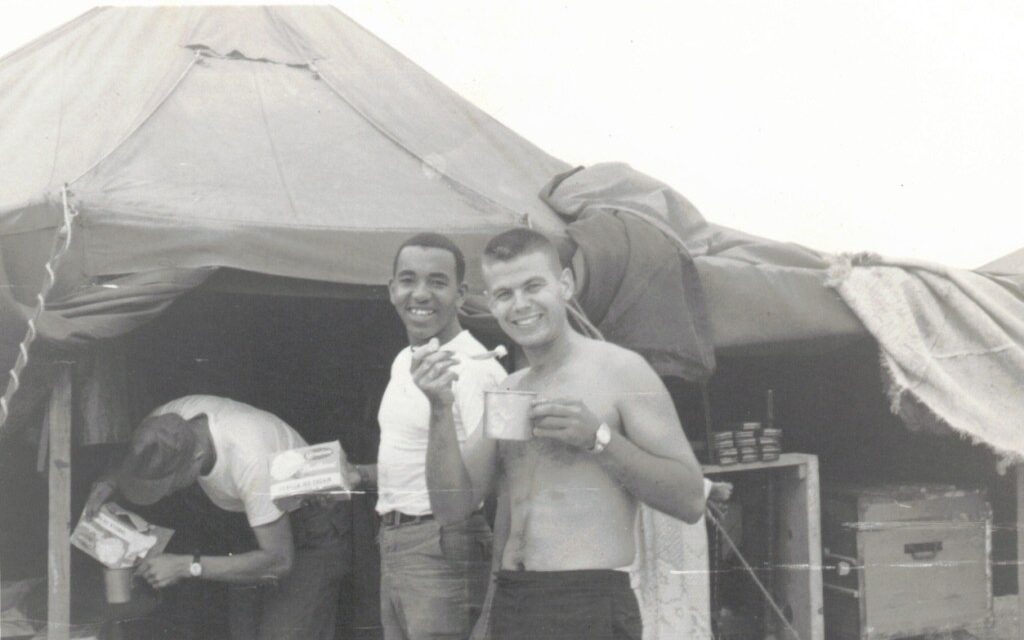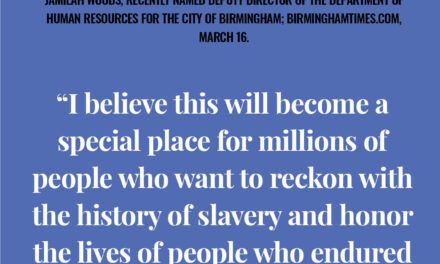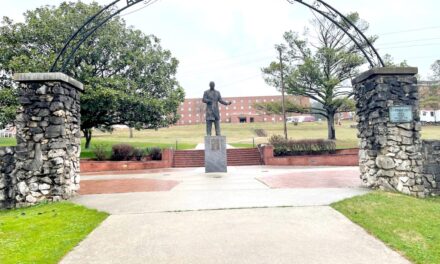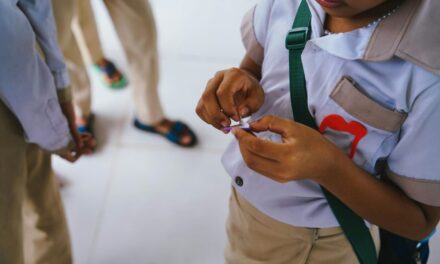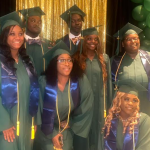
By Catherine Pugh,
Special to the AFRO
Paul Coates dropped out of high school at the age of 17 in 1964 because–as he would say, facetiously– he “was so smart.” He joined the United States Army in a hurry to, as he explained, “get on with life, see the world and afterwards start a business.”
“Real Estate was all I knew. The ownership of buildings really excited me,” he said. “I was thinking I would probably own half of Philadelphia by now.’”
Born and raised in Philadelphia, He earned his G.E.D. while in the Army and later in life would earn two degrees, a Bachelor’s of Science from Antioch University in Baltimore and his master’s degree in library science, from Clark Atlanta University in Georgia.
Coates is the owner of Black Classic Press (BCP) and recently celebrated the company’s 45th anniversary. Today Coates remains true to his original goal of running a successful business, as BCP publishes books for and about Black people. This month, the business reprinted copies of the AFRO’s book, “This is Our War,” which details Black experiences from the European theatre of WWII. Back in 1995, Coates established BCP digital printing which utilizes the newest technology in printing, books, flyers, newsletters and brochures.
He’s had a number of careers prior to establishing his business, notably a member and captain in the Black Panther Party, a faculty member of Sojourner College and librarian at Howard University’s Moorland Spingarn Research Center.
When Coates joined the United States Army in 1964, the United States presence in Vietnam had not peaked.
“It was not a public conflict when I joined,” he said. Coates trained dogs at the Army base in Lackland, Texas to protect the troops. Of the three years he served in the military, 19 months were completed in Vietnam.

(Photos courtesy of Paul Coates)
Coates ended up in Vietnam he says, “because I was the Black guy, and my commanding officer told me I was the only one in the unit that was not married. As the war escalated most of them ended up going anyway.”
Coates was a part of a protective k-9 unit that trained dogs, who used their noses to detect anyone coming within a mile or two of the base.
Coates says when he first came out of the service he was a proud soldier.
“It was not until after Martin Luther King Jr. was killed, my consciousness rose. I realized I had become a mercenary,” he said. “The army had dangled money in front of me…and I took it.”
Coates celebrates Veterans Day, “like Memorial Day.”
“Those holidays are reminders of the many people who have served our country and protected and died for it. I joined the army proudly,” said Coates. “My takeaways I believe contribute to the person I have become.”
Coates says the U.S. Army gave him discipline and a sense of loyalty. “I’ve remained loyal to my family, my profession and my friends. I’m not in the habit of recommending the military, but” he paused, “for those young people who lack discipline– the military is a means by which they can develop that trait.”
“The military is different today, while racism still exists…the laws and policies are in place to prevent the discriminatory practices I faced during my time of service. I still think about the thousands of Black soldiers who served in our country’s wars and were denied their rights as soldiers to education and housing– even employment,” Coates shared. “It is different today. For all those Black soldiers who were denied their rights and for all who have served our country, I celebrate– including myself.”
The post Lessons learned: Paul Coates on benefits gained from Army service appeared first on AFRO American Newspapers .

